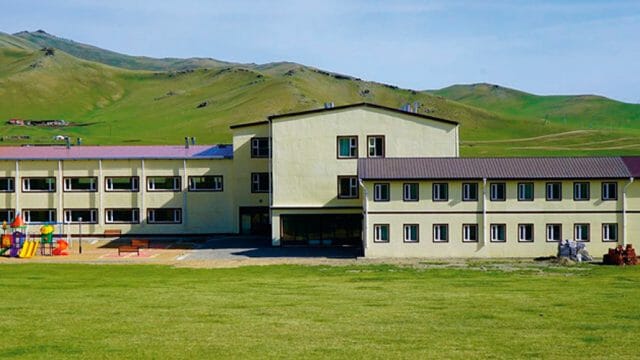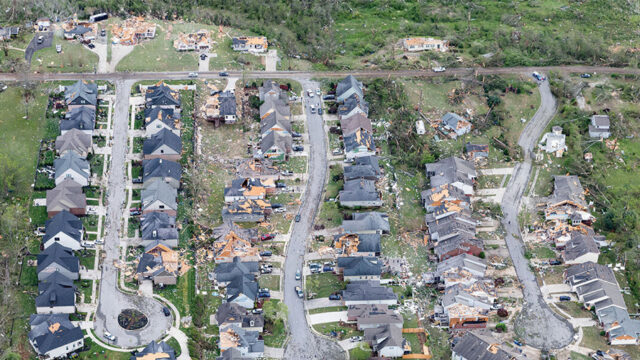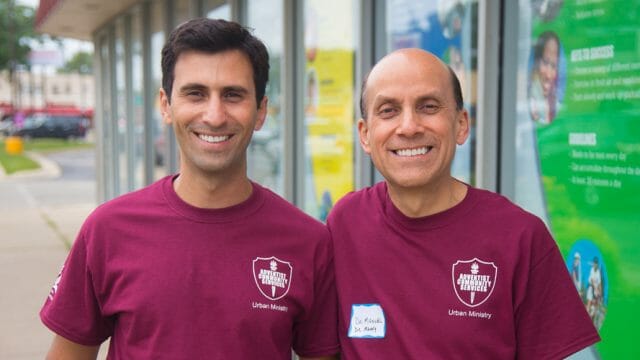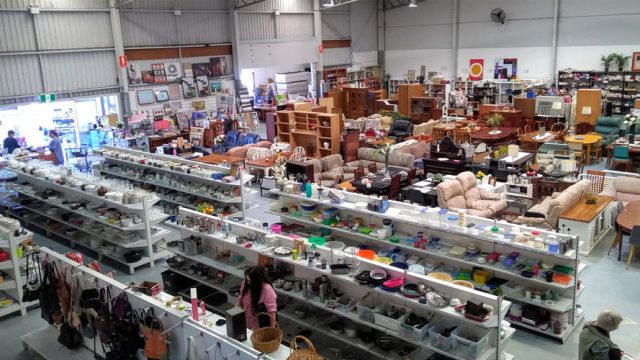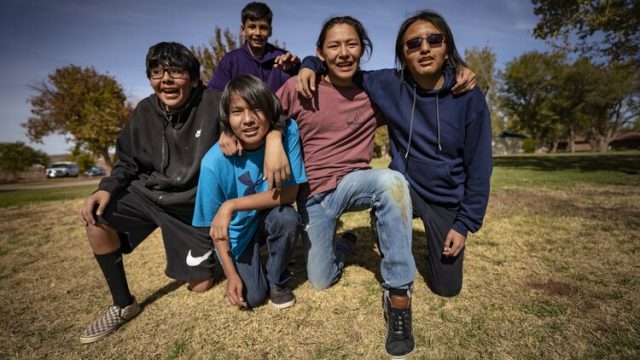A case study in Niger showcases what ADRA is doing to keep girls in school.
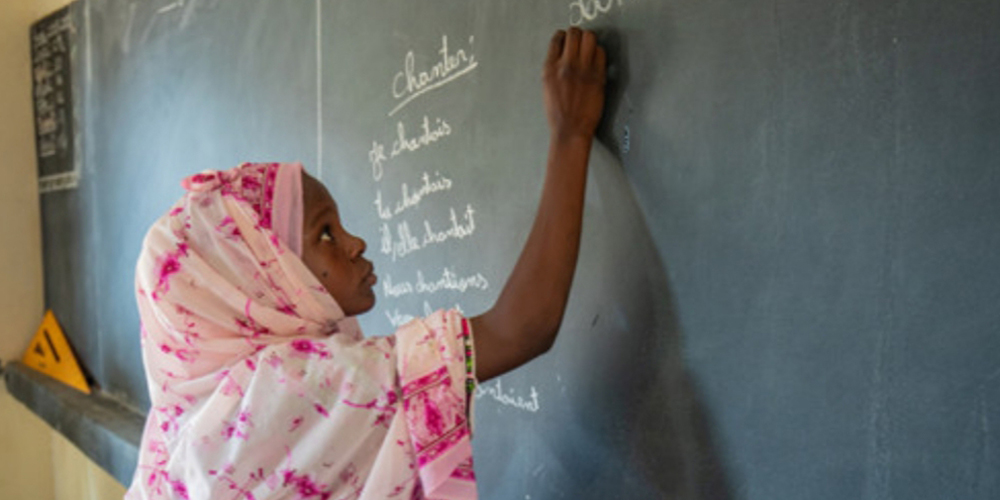
In Djama’s culture, a man will give a healthy girl’s parents at least 10 cows when they marry. If the girl is beautiful, good-natured, and hardworking, she could be worth as many as 25 cows.
When Djama was 11 years old, her father let it be known publicly that she was ready to be married. An older man from another village began negotiations with her father. The bride price was settled and the engagement announced.
Djama told us, “The man was someone that I did not know, and he already had three wives. I was to be number four. I didn’t like the idea, but in Niger, it is not the child who decides these things, it is the parents.”
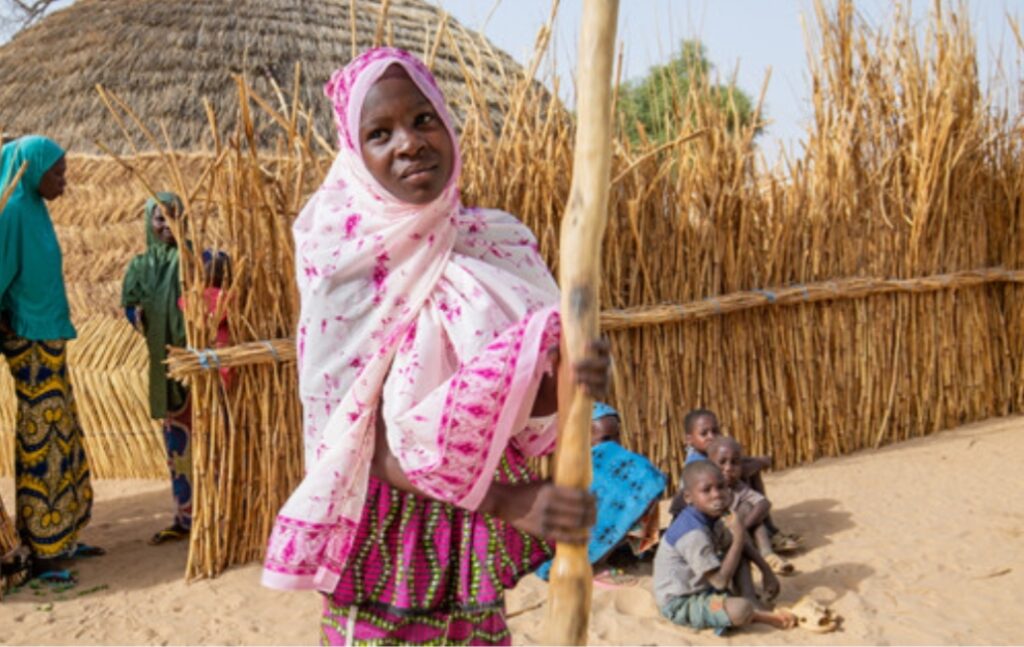
The girl’s mother added, “We didn’t mean to cause her any harm. It is quite common in our culture for girls to marry early. We didn’t know how dangerous it could be for our daughter.”
Djama’s mother shared that when the Adventist Development and Relief Agency (ADRA) arrived to work in the area where they live, they gathered parents and teachers together from our community to discuss the dangers of early childhood marriage and the importance of education.
“We learned that having a baby before the age of 18 is not safe for either the mother or the baby,” she said. “We also learned that when girls get an education, they tend to look after their parents better when they are older.”
ADRA then built a school compound near Djama’s family village with several classrooms, toilets, and a good well.
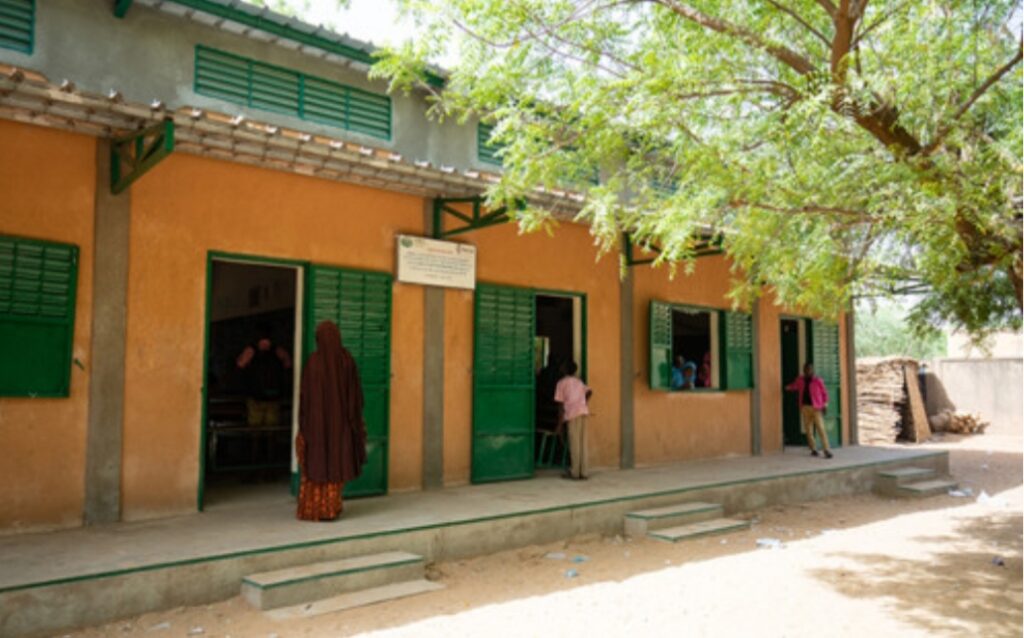
“They gave the children everything that they needed to learn, like backpacks, textbooks, exercise books, pens and pencils, and a solar lamp so that they can study their lessons after dark,” Djama’s mother said. “ADRA also worked with the teachers to help them improve their teaching methods so that they could become better teachers.”
Djama’s mother said she believes ADRA has changed how the whole community thinks about the importance of education and early marriage for local girls. According to her, after meeting with the village elders and community leaders to discuss these issues, the field staff of ADRA, the Adventist humanitarian arm, has also started recommending that people keep girls in school.
According to Djama, the new school was the reason her parents decided to call off the wedding. Djama shared how she was first accepted into a special accelerated school, where she was able to learn the basics so she could catch up to other children her age.
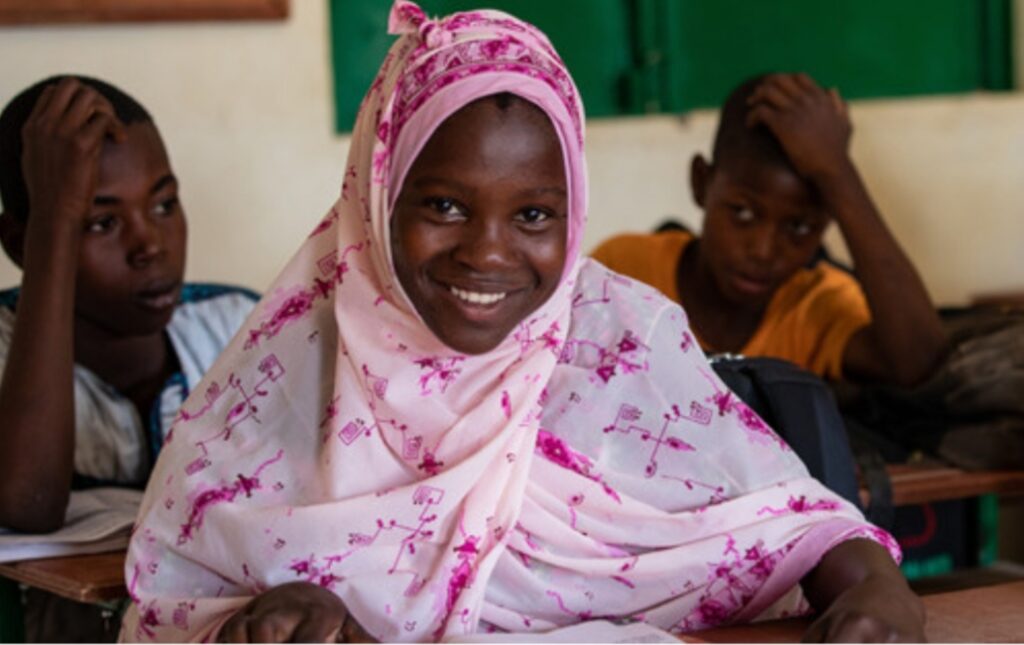
“I am now in grade six,” Djama said. “I am loving it! It is my dream to finish here and go on to secondary school. Someday I wish to become a teacher myself!”
ADRA Canada is partnering with the government of Canada through funding from Global Affairs Canada in a four-year project called BRIGHT. This project will increase access to high-quality education for girls and women in certain communities in Niger, Myanmar, and Sudan. The communities were chosen because of their fragility due to remoteness, climate change, and post-conflict conditions. ADRA Canada leaders said they believe it is a project that will help many young girls like Djama realize a much brighter future.
The original version of this story was posted by the Adventist Development and Relief Agency in Canada.



